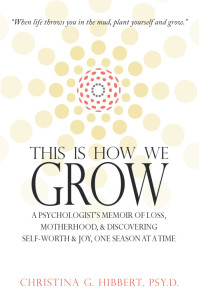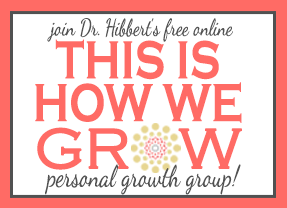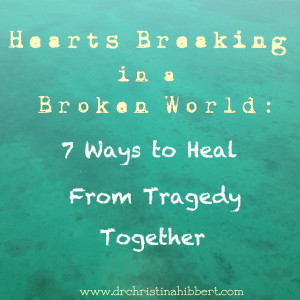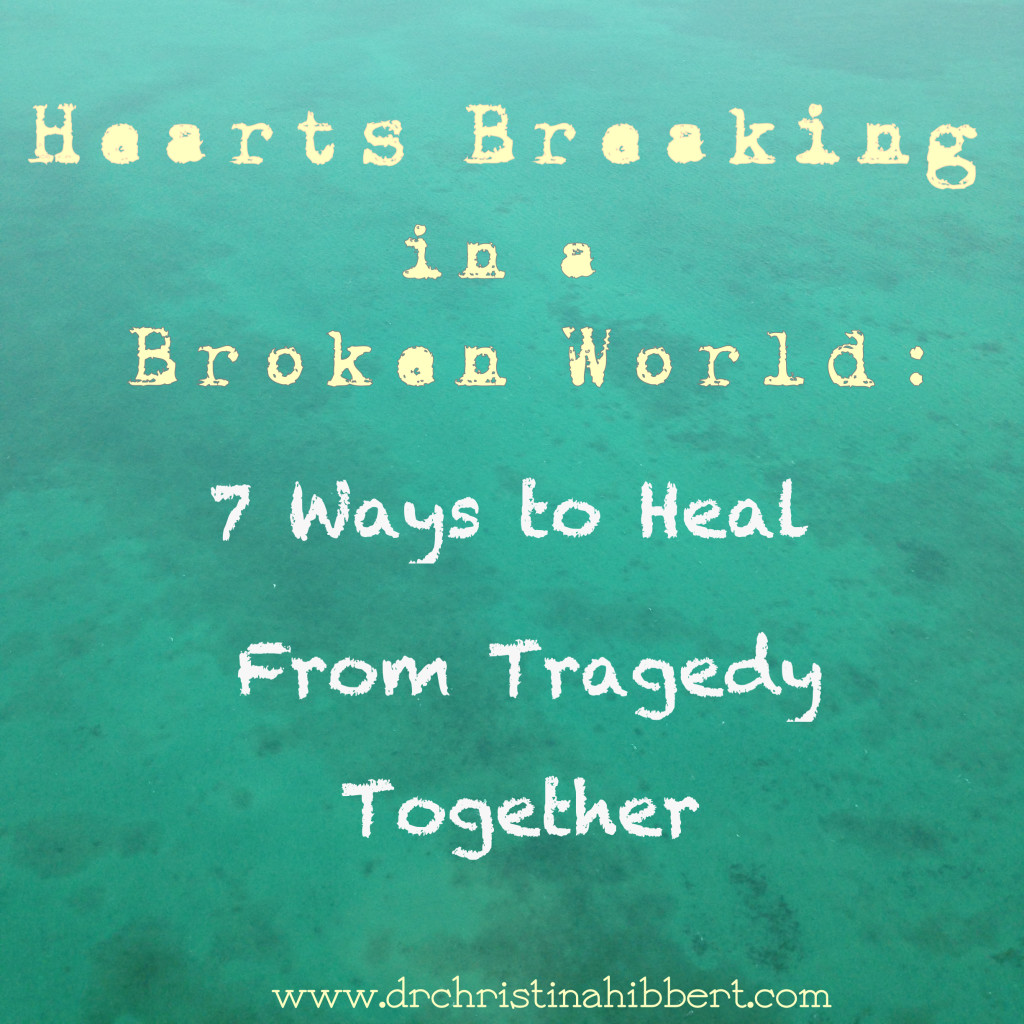
17 Apr Hearts Breaking in a Broken World: 7 Ways to Heal from Tragedy Together
I remember when the earthquake hit Haiti in January 2010. A postpartum mom still in the midst of my own life’s traumas, I got my kids off to school, then spent the day nursing my baby, watching the news, and crying. I spent the next day nursing my baby, watching the news, and going online to donate money. It was all I could think to do at the time. And I wanted to do something. I still want to do something.
Hearts Breaking: We Want to Help
Every time another tragedy hits our community, nation, world, my heart breaks. And I know mine isn’t the only one; I know the hearts of so many of you are breaking too. We all want to do something, don’t we? We want to show love to those who’ve been hit hardest with loss; we want to change the way things are, and make the world a safer place.
Personally, I’d love to find all the troubled souls who have and will perpetrate horrific crimes and rehabilitate them before they take their anger, pain, and lack of love out on the innocent anymore. But, sad to say, most of them could never be rehabilitated even if I could find them and even if they received the top treatments. Some people are, unfortunately, so damaged, they can’t let themselves be repaired.
Helping Us Heal
So, instead, I want to help us. I want to bring us a little understanding in the midst of so much insanity. I want to make sure we all know we’re in this together, and I want to help us help each other heal. Thus, I’m sharing just a few of my thoughts, in hopes that they will help someone help someone heal. After all, we can’t do this alone. We’re in it together. We hurt together; we heal together.
7 Ways to Heal From Tragedy Together
1) Whether natural or human-made, each tragedy hurts all of us. From 9-11 to Columbine, to Katrina to Sandy Hook, to Haiti to Boston, each community, national, and world hurt takes a little piece of our heart. We are connected, and when one of us hurts, we all hurt. That’s the difference between “us” and “them,” the perpetrators. “They” don’t know we’re all connected. They don’t feel others’ hurts, only their own. But we feel for each other, and that’s why national and world tragedies wound us so deeply. We feel, and that’s a good thing.
2) It should hurt, shouldn’t it? After every tragedy, my clients come in saying, “I don’t know anyone affected directly, but I just hurt. I don’t understand why this hurts so deeply when it’s not happening directly to me.” And I say, “But it is happening directly to you. You may not have the physical wounds to show, but, emotionally, we are all wounded.” It’s good to feel the pain of collective wounds. It means that we care.
3) Tragedy needs empathy. Without empathy, tragedy becomes “the norm”. If we don’t feel the pain of others’ suffering, we let it 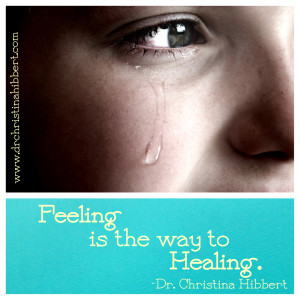 continue as if it’s ok. And ignoring suffering is not ok. The cure to tragedy is empathy, for empathy means we’re in this together. It means, “You’re not alone and neither am I.” Empathy heals us, heals others, heals the world.
continue as if it’s ok. And ignoring suffering is not ok. The cure to tragedy is empathy, for empathy means we’re in this together. It means, “You’re not alone and neither am I.” Empathy heals us, heals others, heals the world.
4) So, empathize. It hurts when we empathize. We think, “What if that were me?” and we know that it could have been or still could be. When we empathize with others, we feel their pain. It’s hard to do, but it’s so important. For empathy is the cure for shame, pain, and suffering. If all the perpetrators in this world had received just a little more empathy in their lives, would I be writing this right now? Perhaps not. Empathize. Cry for the lost. Feel their pain. Let it be yours for just a little while.
5) It’s also ok to put the pain away and go back to the life right in front of you. We don’t need to get swallowed up in others’ pain; in fact, when we get swallowed up, it can make things worse. We don’t need to (and shouldn’t) watch the news 24/7, hearing every story of loss. It’s too much, and it only leads to greater anxiety, pain, and fear. It’s ok to focus on our own lives. It’s ok to smile and laugh and keep on living. It helps nothing to let fear and pain stop us in our tracks. Live life and keep on living. It’s ok. It honors those who cannot do the same. It’s the best way.
6) Some people are more sensitive to others’ pain, and tragedy can trigger painful memories of our own. Some people feel the weight of tragedy more than others, and that’s ok. It means you’re empathic, and we’ve already established empathy is a really good thing. Those of us who’ve experienced traumas of our own are also more susceptible to re-experiencing those emotions when new traumas arise. As I say, “What the mind forgets, the body remembers.” When others suffer, it often brings up our own past suffering, whether we want it to or not. That’s why Haiti hit me so hard. Being in the midst of my own grief and loss, I felt the loss of the Haitians as if it were my own. Sometimes, emotions we thought we’d already worked through years before are suddenly right on the surface again, begging for attention.We think, “I already dealt with you. You shouldn’t be here.” But pushing them away doesn’t help long term. They just keep showing up. Instead, we must slow down, breathe, and feel what we feel. Deep breath. Feel it. It’s painful, yes. But feeling is the way to healing.
7) We simply need to show up. That’s all we really need to do. Show up for ourselves. Feel what we feel. Show up for others. Be there to feel it with them. Show up for our communities, nations, for our world. That’s all we really need to do. Just keep showing up.
What are you feeling? Sharing our fears, worries, heartaches helps us heal. I hope you’ll leave us a comment, below, and share yours with us.
Be sure to check out Dr. Hibbert’s Award-Winning memoir, This is How We Grow!
Available now on Amazon.com.
FREE. Online. Growth. What more could you ask for?
You may manage your subscription options from your profile.
Let’s Connect…
“Like” my Facebook pages (Dr. Christina Hibbert; This Is How We Grow) and follow me on Twitter,Pinterest, & Instagram!
Related Articles/Posts
Understanding & Coping With Loss and Trauma
Breaking the Silence on Suicide, Grief, & Family Survivors
Postpartum Psychosis + Mental Health Stigma= 40 Years in Prison? It’s time to speak up!
Children & Grief: What You Should Know
Children & Grief: What You Can Do
“How do I Grieve?”: Grief Work & TEARS
The Facts vs. The TRUTH about Postpartum Depression (+video)
Postpartum Depression Treatment: What Everyone Should Know
The Do’s & Don’ts of Helping Others Through Grief
“5 Tips to Turn a Rainy Day Sunny”: Overcoming Feelings of Depression
50 Ways to Love Your Loved Ones
In Memory of My Sister, on the 5th Anniversary of Her Death
Weather the Storms Together: 4 Ways to Strengthen Families in Times of Stress

